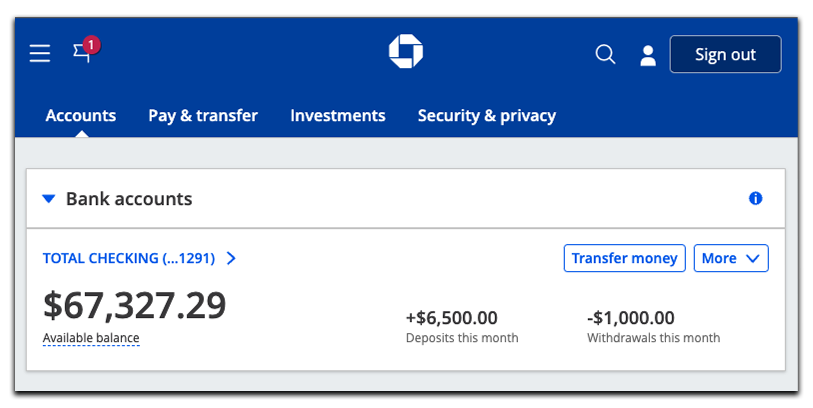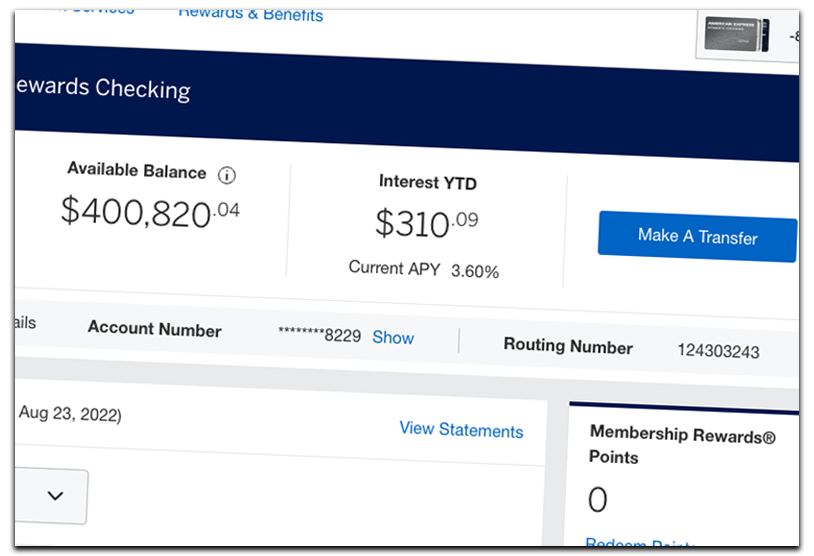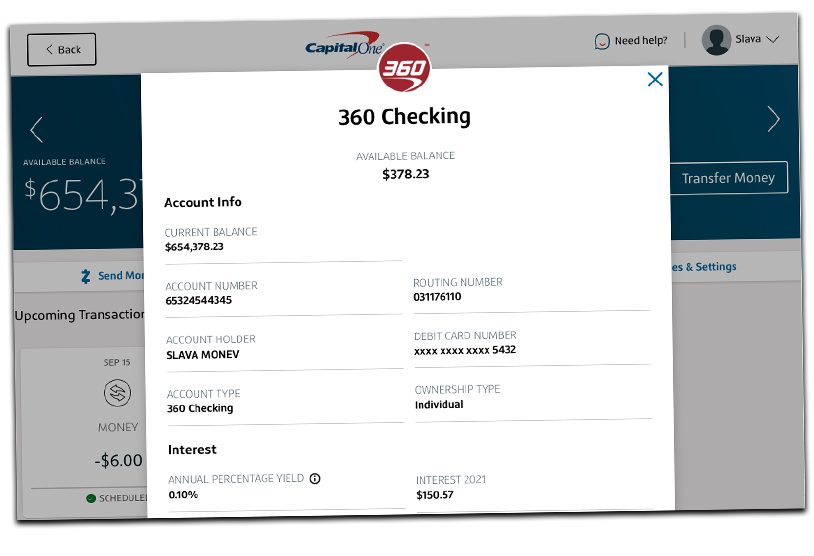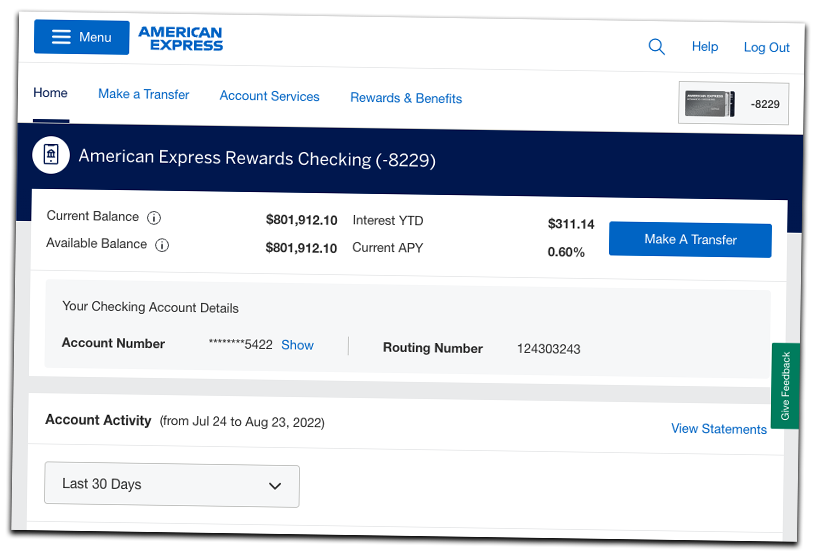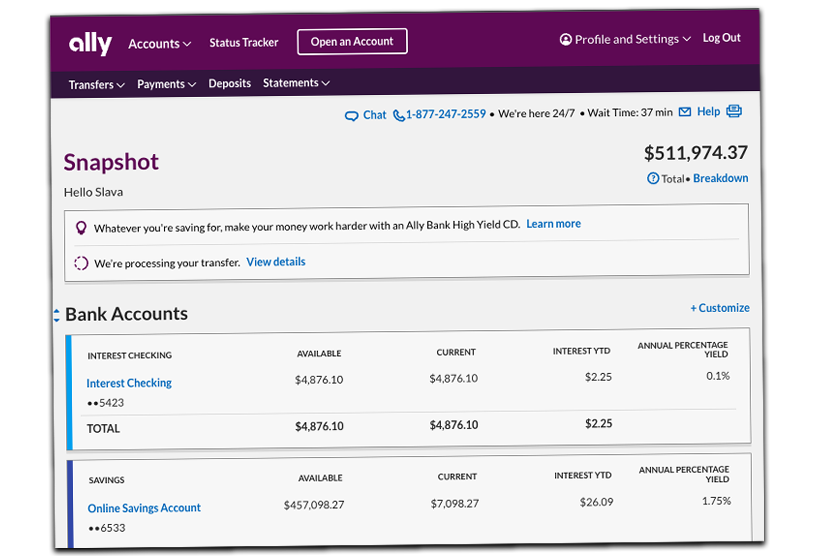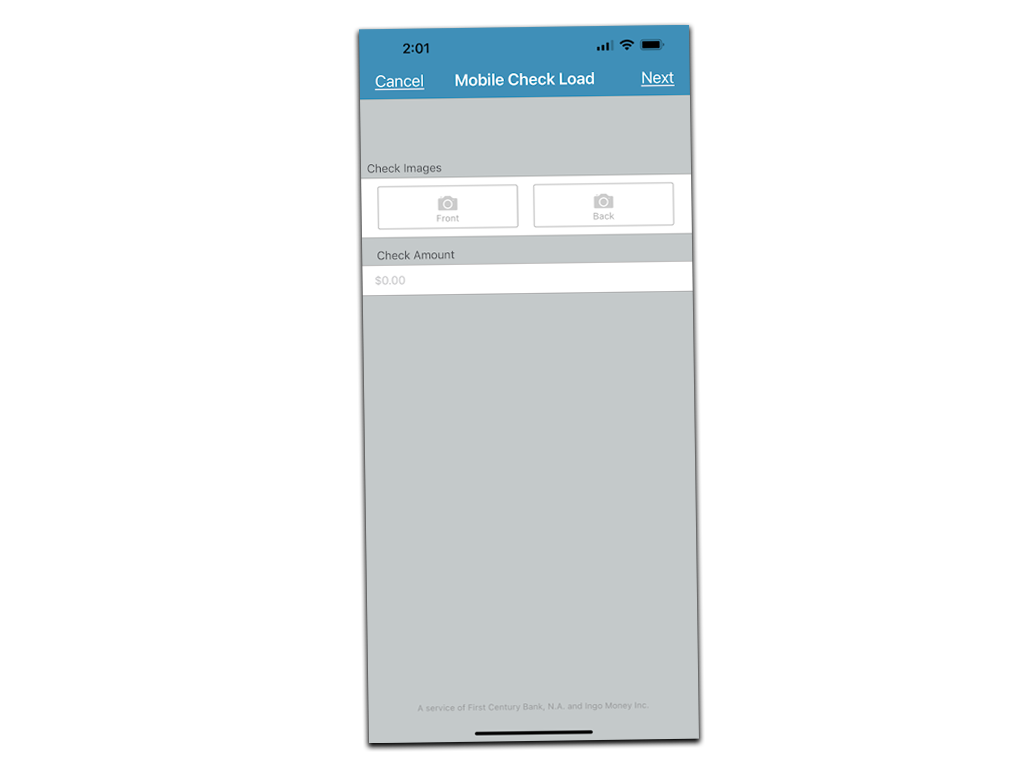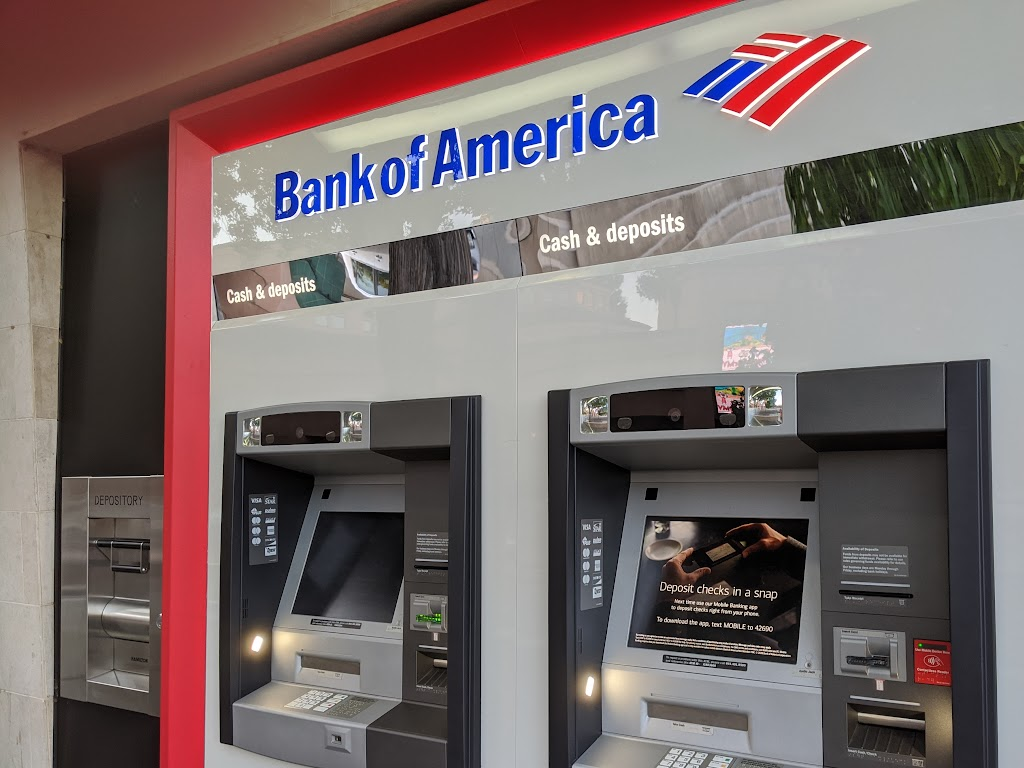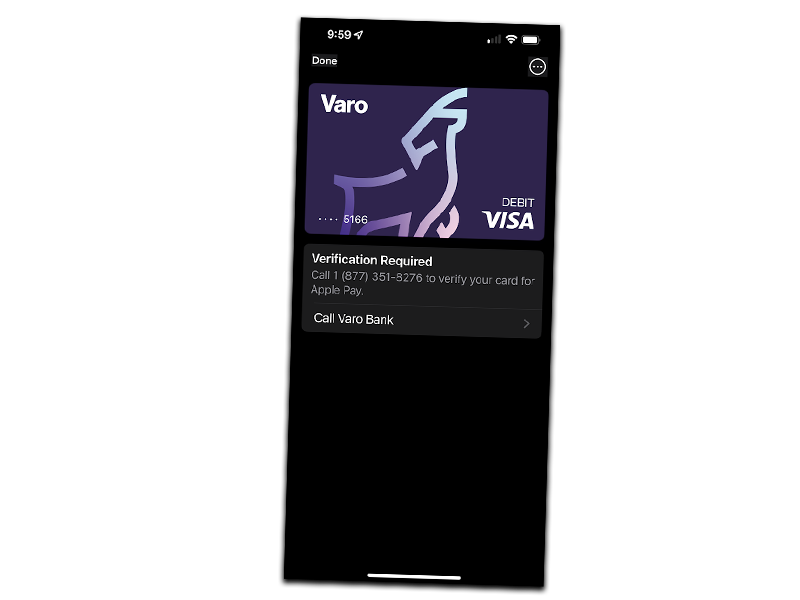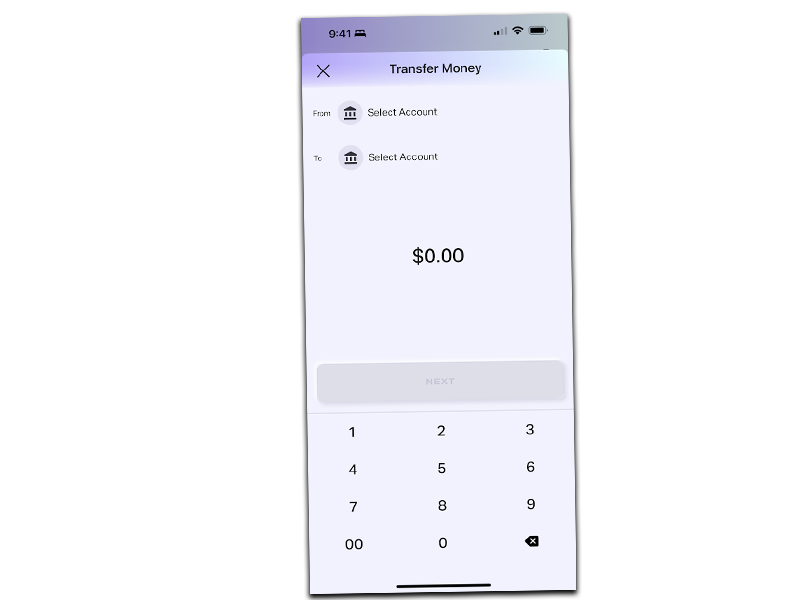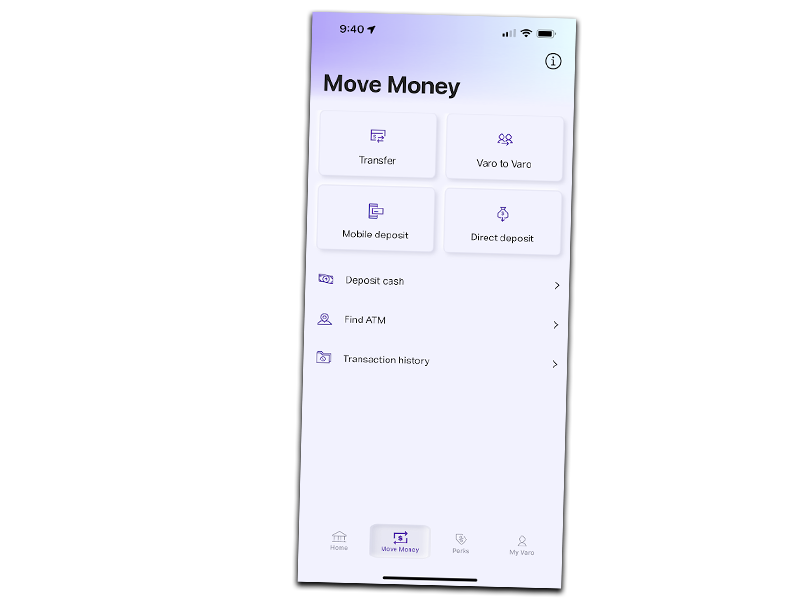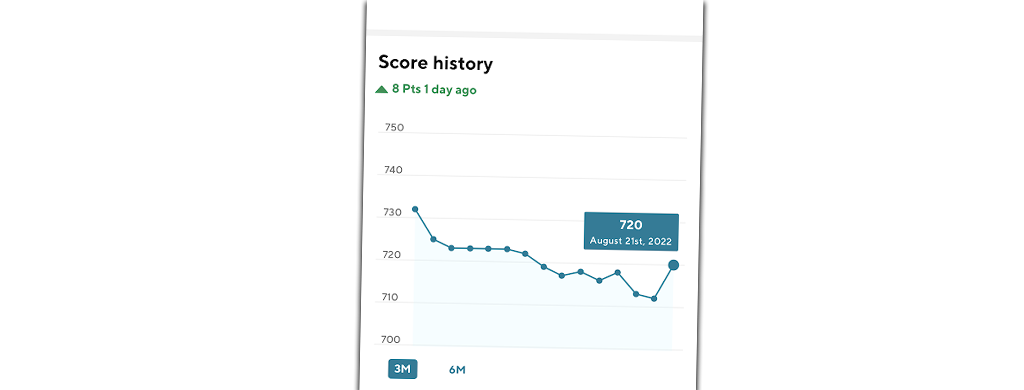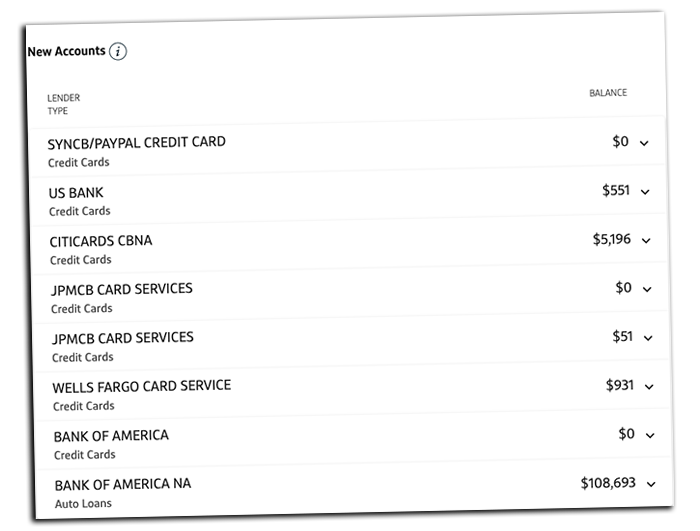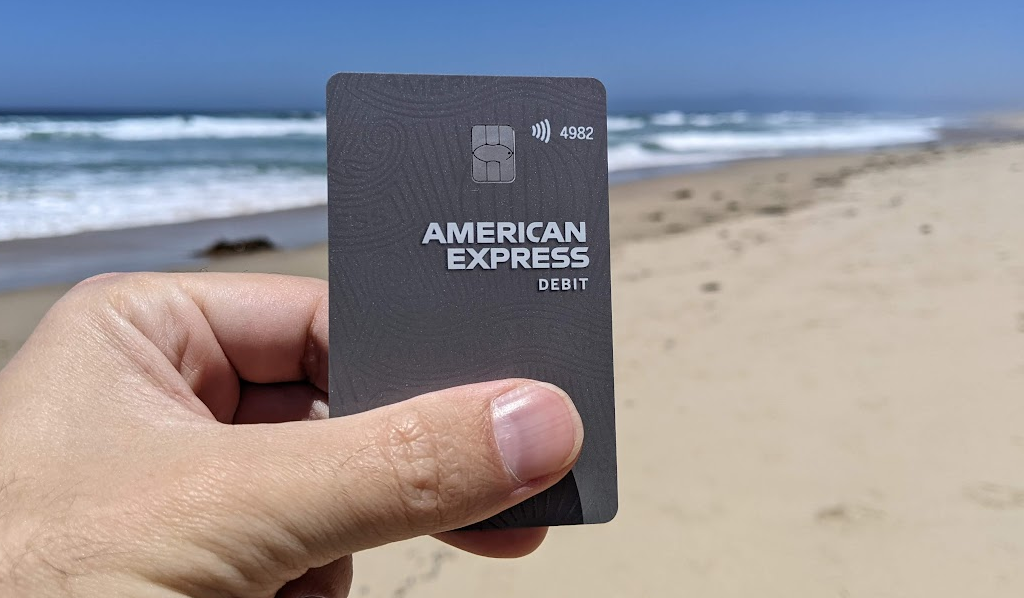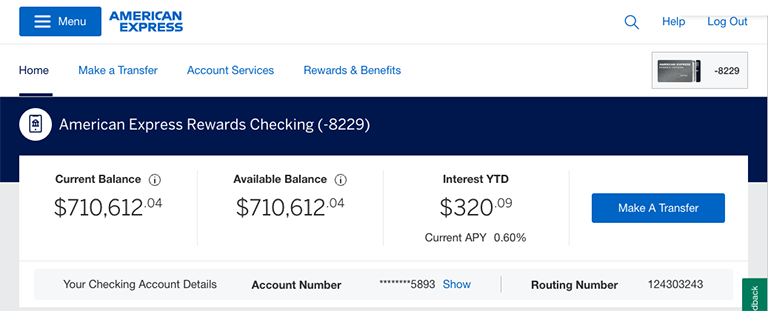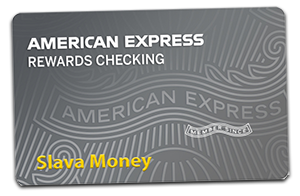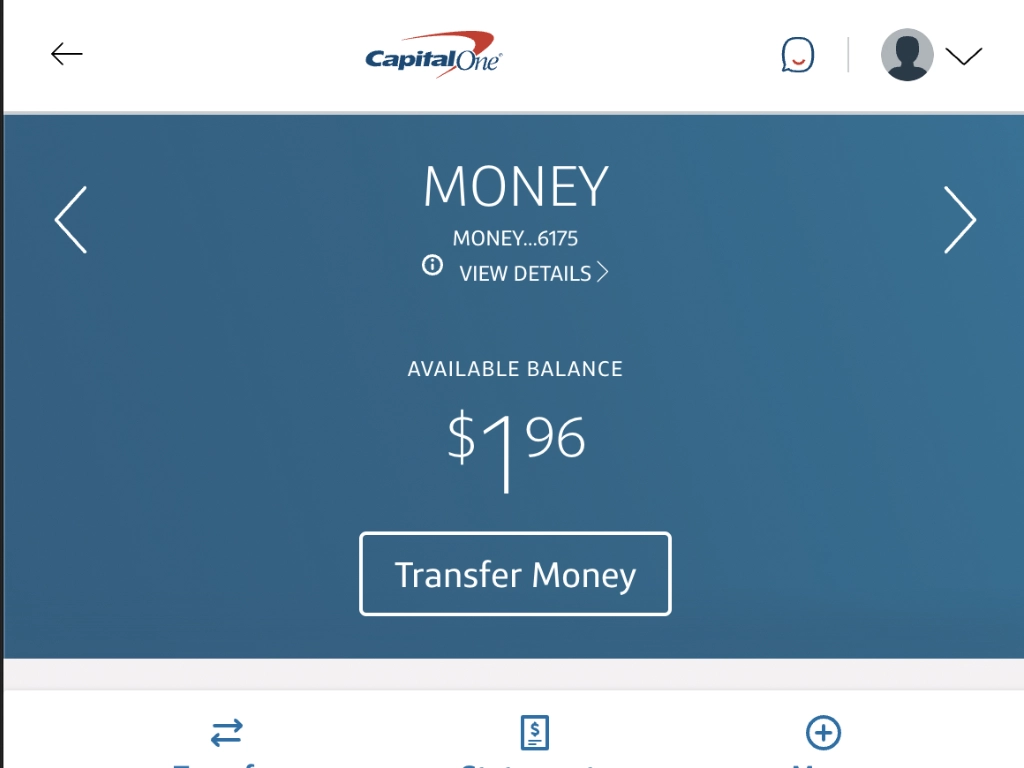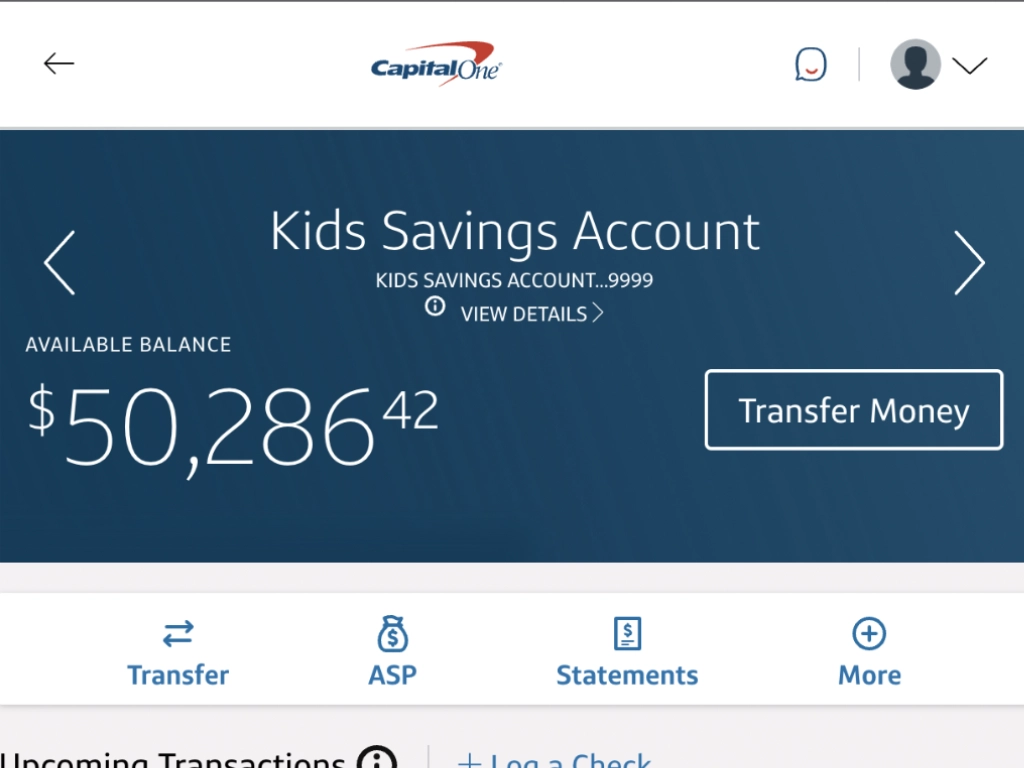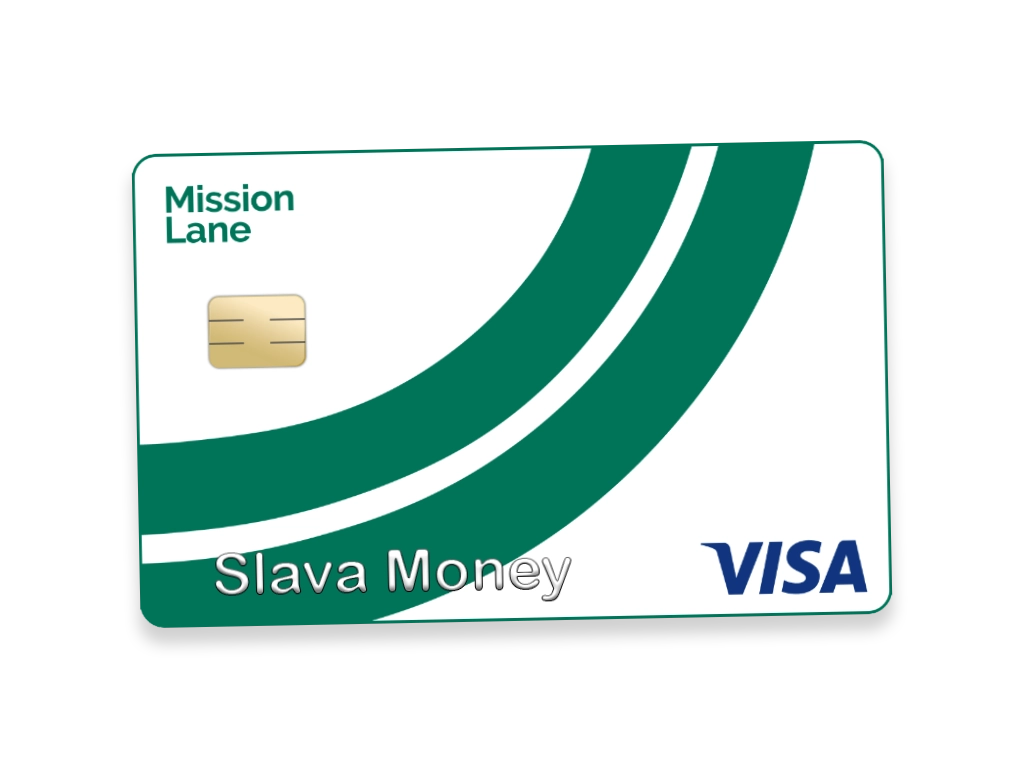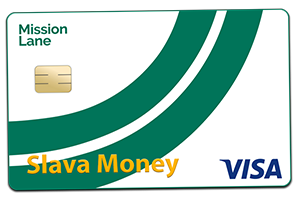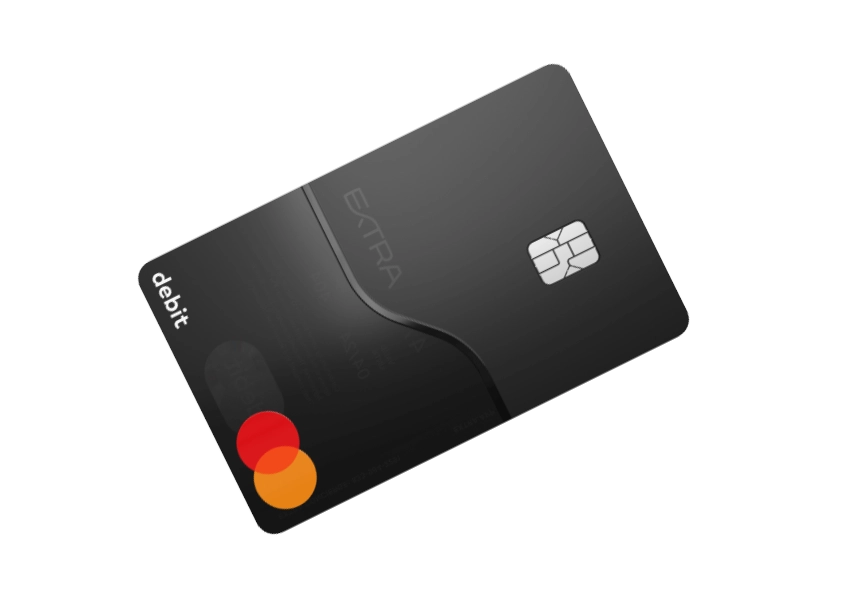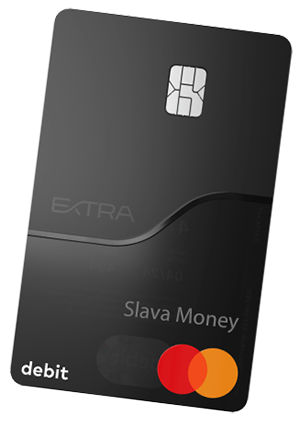In ideal world in your checking account you should keep as little money as possible. Even if checking account earns interest, you should move excess of money to a high yield savings account. High interest savings accounts are better suited to carry your emergency fund.
Here are few considerations on how much you can leave in checking account. If you leave too little money your risk of overdraft increases. If you are not tolerant to overdrafts you can consider the following.
Find the largest monthly recurring transaction and keep your balance above the number. So if your rent is $2,500 per month, then your average balance should be somewhere near $3,000. So once your rent is paid, you should add more funds to your checking account. This seems reasonable, but what if you get two bills at the same time?
Alternative way is to keep the total of all your monthly bills in checking account. So at the end of every month there are always a few bucks left. However, this way has weak point of unexpected transaction.
Overdraft protection
To cover unexpected transactions you should setup overdraft protection for your checking account. There are few common options.
Decline transaction
Some people don’t like to leave negative balance on their checking account. Especially for younger folks, who don’t have much mandatory bills overdraft is not acceptable.
Transfer money from savings account
If you have enough money, but don’t want to leave too much money in your checking account, it maybe better to keep money in savings account. This way in case of emergency your checking account can handler overdraft.
Line of credit
If your checking account often deeps below 0 for a long time, you can apply for a line of credit. In this case you leave no money in your checking, but always pay your bills.
As you can see, if you prefer to be on a safe side and keep much money in your checking account, earning interest gets even more important.
You may also want to read about overdrafts in PNC Bank.
